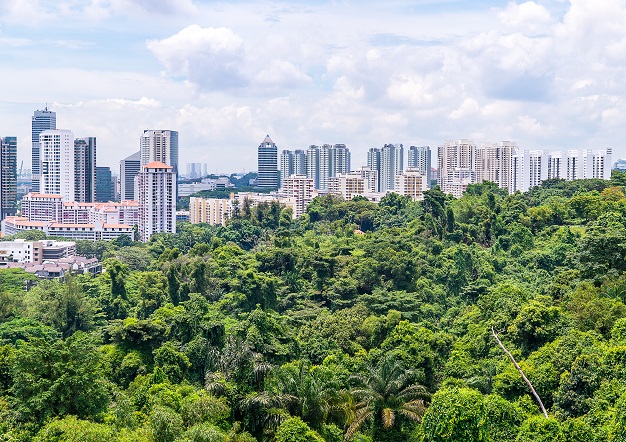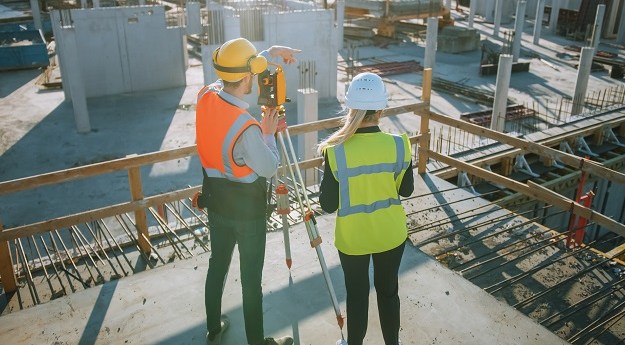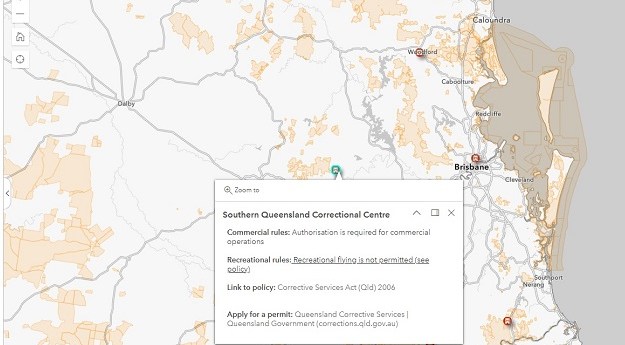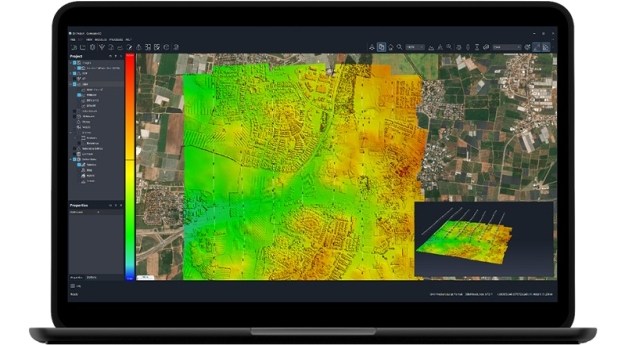
Image credit: ©stock.adobe.com/au/timyee
The Singapore Land Authority (SLA) and the National University of Singapore (NUS) Faculty of Science have signed an MOU for collaboration on leveraging geospatial data and technologies for carbon estimation research in Singapore.
The MOU was signed by Mr Colin Low, Chief Executive of SLA, and Professor Sun Yeneng, Dean of the NUS Faculty of Science, on the sidelines of the 4th Singapore Geospatial Festival last week.
Under the MOU, SLA will support carbon estimation research conducted by the NUS Centre for Nature-based Climate Solutions (CNCS), a research centre under the Faculty of Science, with the necessary geospatial data acquired using technologies such as airborne laser scanning and imagery.
The collaboration will bring about improved methodologies that can enhance productivity and cost efficiencies in carbon estimation of Singapore’s nature reserves and other ecosystems.
Current carbon estimation research involves fieldwork to collect data which is laborious. It also relies heavily on the use of satellite images which are not of high resolution in terms of image quality and could affect the accuracy of research findings.
Through the new collaboration, SLA will share with NUS CNCS, geospatial data gathered from airborne LiDAR as well as high-resolution aerial images to supplement carbon estimation analyses by researchers.
The findings from the research will facilitate planning and implementation of protection and restoration activities across ecosystems in Singapore.
“There are vast possibilities for the use of geospatial data and technologies which can offer deeper insights into environmental changes” said Mr Low.
“As a ‘living lab,’ this collaboration will bolster Singapore’s aspirations under the Singapore Green Plan to be a carbon services hub in Asia to facilitate carbon trading. It will also pave the way for greater application of SLA’s 3D mapping expertise in NUS’s research activities, combining geospatial technology and climate science.”
“This collaboration will contribute and strengthen national carbon estimation efforts in Singapore to provide data and insights to enable strong evidence-based policymaking,” added Professor Sun.
“Our researchers at NUS CNCS are looking forward to working with SLA to develop better techniques using novel technology to make advancements in carbon estimation across various ecosystems in Singapore to help drive action on climate change.”
Stay up to date by getting stories like this delivered to your inbox.
Sign up to receive our free weekly Spatial Source newsletter.












